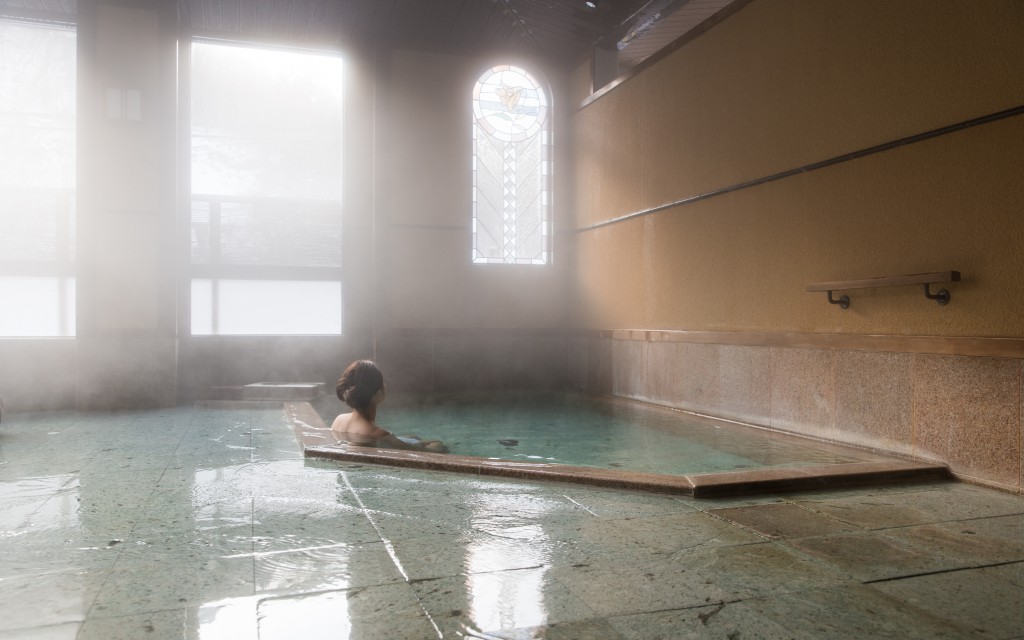
When I write about Japanese ‘onsen’ in English, I use the Japanese word ‘onsen’ rather than using any related foreign words such as ‘hot spring’ or ‘spa’ (as referred in this article).
I do this because I hope that the word ‘onsen’ will become a universal common word.
In English, there are similar words, such as ‘spa’ and ‘hot spring.’ Therefore, I’m writing about the differences between the meanings of ‘spa,’ the ‘hot spring,’ and ‘onsen.’
About ‘Spa’
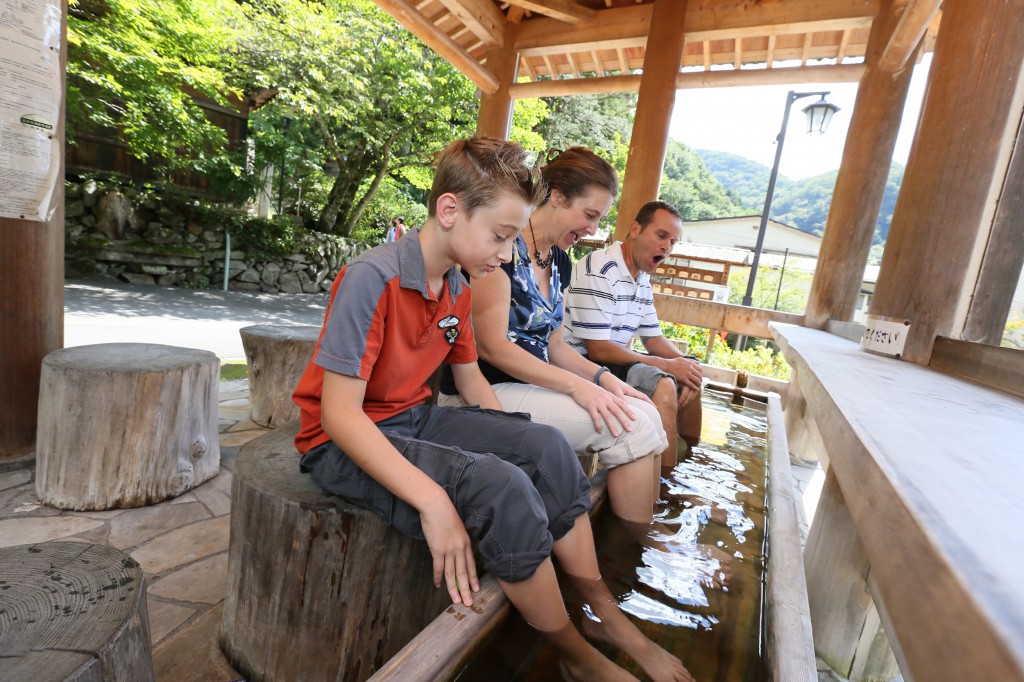
Foot Bath
Firstly, I’ll talk about the meaning of ‘spa.’
As a lot of people might know, the origin of the word ‘spa’ stems from the name of a spa resort in Belgium called ‘spa.’
The definition of the word ‘spa’ in the English Wikipedia is:
A spa is a location where mineral-rich spring water (and sometimes seawater) is used to give medicinal baths. Spa towns or spa resorts (including hot spring resorts) typically offer various health treatments, which are also known as balneotherapy.
spa (Dec. 6, 2019, 12:23UTC+9). In Wikipedia: The Free Encyclopedia. Retrieved from https://en.wikipedia.org/wiki/Spa
Therefore, I think that it is used as a health improvement method or a medical treatment method with warm water containing some minerals.
It is very similar to a culture called “Touji”, a custom seen in Japan for a long time.
“Touji” is a body-healing method where you stay in an onsen resort for a relatively long period (one week or more), to soak in an onsen to heal your body. As detailed in this article(5 list of Onsen benefits and effects), Japanese Touji culture has been around four hundreds of years with various healing effects. As a side note, Touji is written in two Chinese characters(湯治), meaning to ‘heal with hot water.’
I think that the spa and the Japanese onsen have a lot in common.
The word “Shima” in our Shima Onsen means “forty-thousand.” In the original meaning, Shima Onsen is said to be an onsen with effects to heal forty-thousand diseases, so it may correctly apply to the definition of the spa.
About ‘Hot Spring’
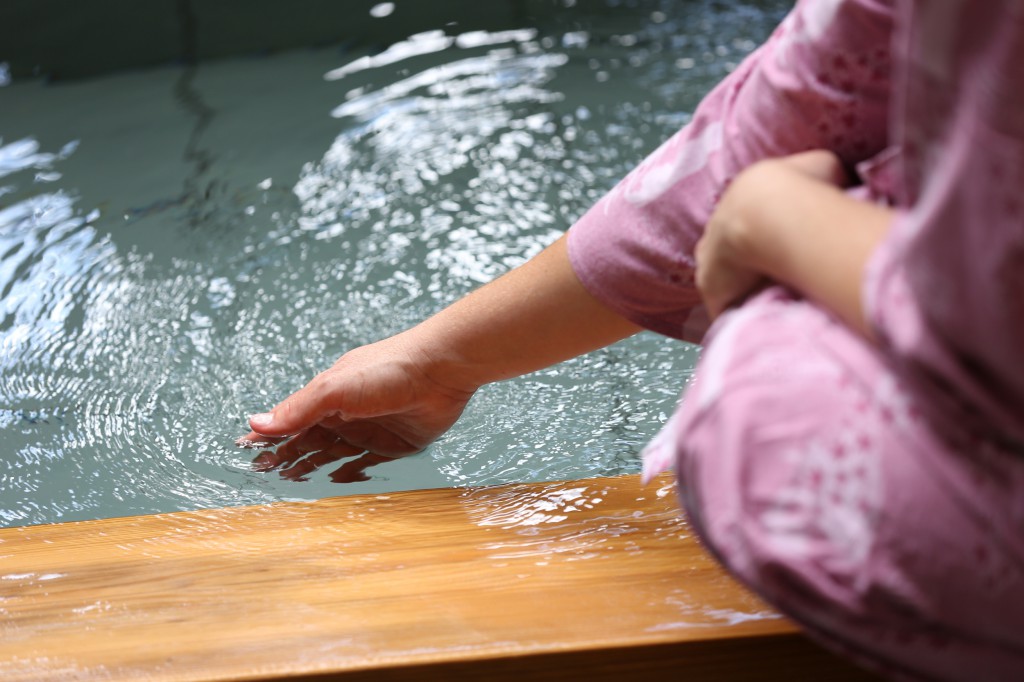
Hot spring
Secondly, I’ll talk about the meaning of ‘hot spring.’
According to the English Wikipedia: “A hot spring is a spring produced by the emergence of geothermally heated groundwater that rises from the Earth’s crust.”
(Dec. 6, 2019, 12:29 UTC+9). In Wikipedia: The Free Encyclopedia. Retrieved from https://en.wikipedia.org/wiki/Hot_spring
However, there seems to be no clear definition of the water temperature as to whether it can be called a “hot” spring or not, while it always is for the Japanese onsen. It is safe to say that the spring water that has been warmed to some extent by geothermal heat can be called a hot spring.
About ‘Onsen’
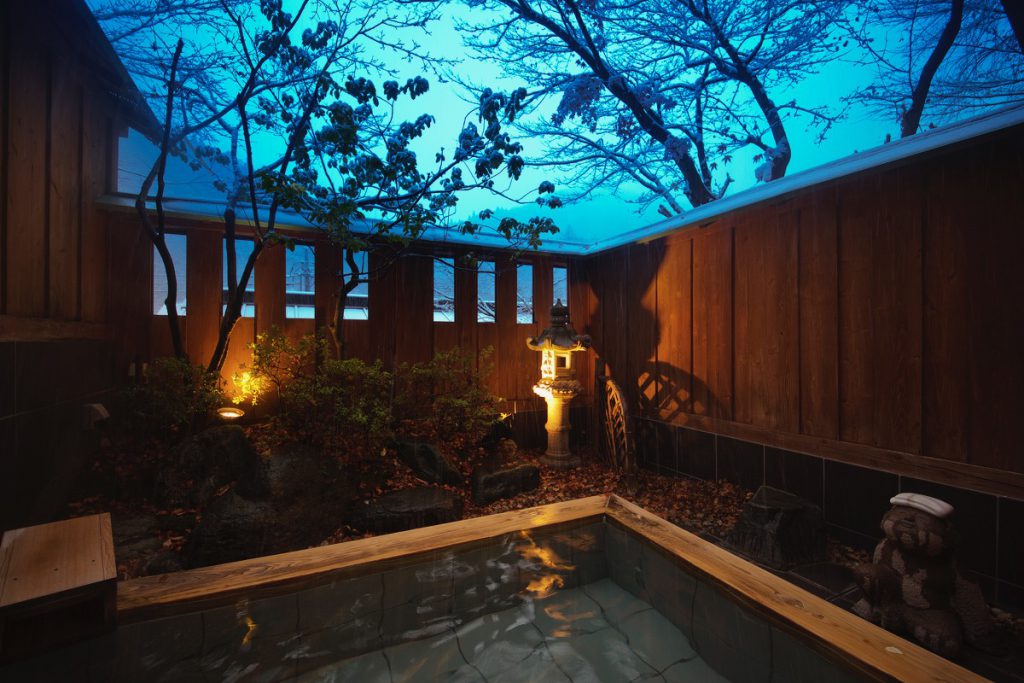
Kashiwaya’s private open-air onsen
Lastly, I’ll talk about the meaning of ‘Japanese onsen.’
The term ‘onsen’ has various meanings.
The word can refer to the onsen water itself, the (onsen) bath and the (onsen) area, and so on.
The onsen meaning as the onsen water is well-defined in Japan under the onsen law.
The onsen in Japan should meet the regulation set by the law requiring that either the temperature of the water be 25 degrees Celsius or above, or the water has a specified amount of minerals included.
I must mention that our Shima Onsen satisfies the conditions of the onsen law entirely in both terms of the temperature and the minerals.
Compared to the definition of ‘spa’ mentioned earlier, it is not necessarily a natural hot spring; it can also be used as an aesthetic salon amenity for beauty. I think that ‘spa’ and ‘onsen’ are slightly different in their definitions.
The definition of ‘hot spring’ and ‘onsen’ are slightly different as well. The onsen can still be classified as onsen even if the temperature of the water is low, as long as it contains minerals, the rules of which are less strict, compared to the regulation of hot spring.
As I write about the differences between ‘spa,’ ‘hot spring,’ and ‘onsen,’ I think all three are very similar, but not the same.
So, I will continue to use the word “Onsen” mainly rather than the other related terms from the perspective of the distinctive Japanese culture.
If you interested in Japanese style Onsen, Please click here
Shima Onsen Kashiwaya Ryokan >
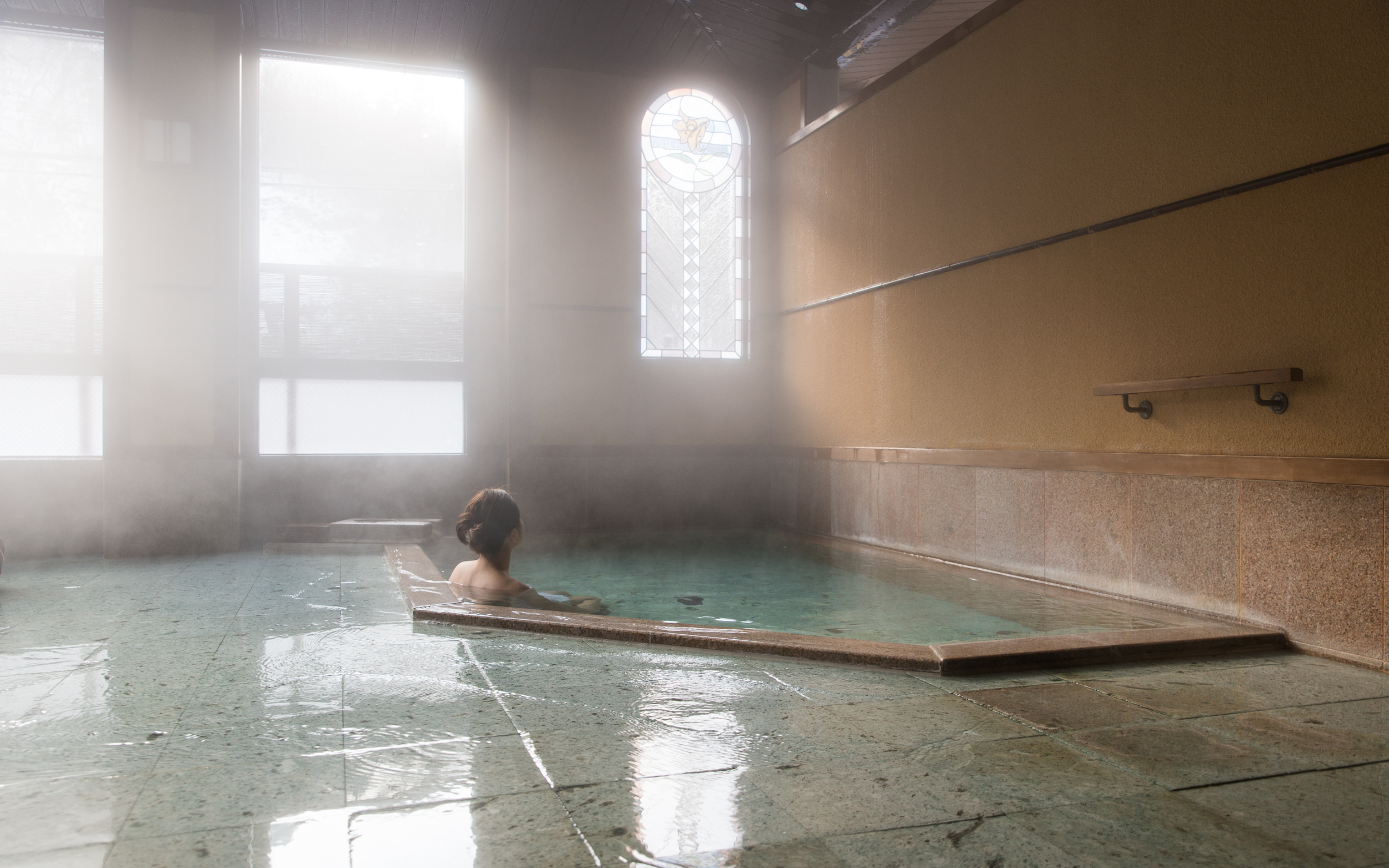

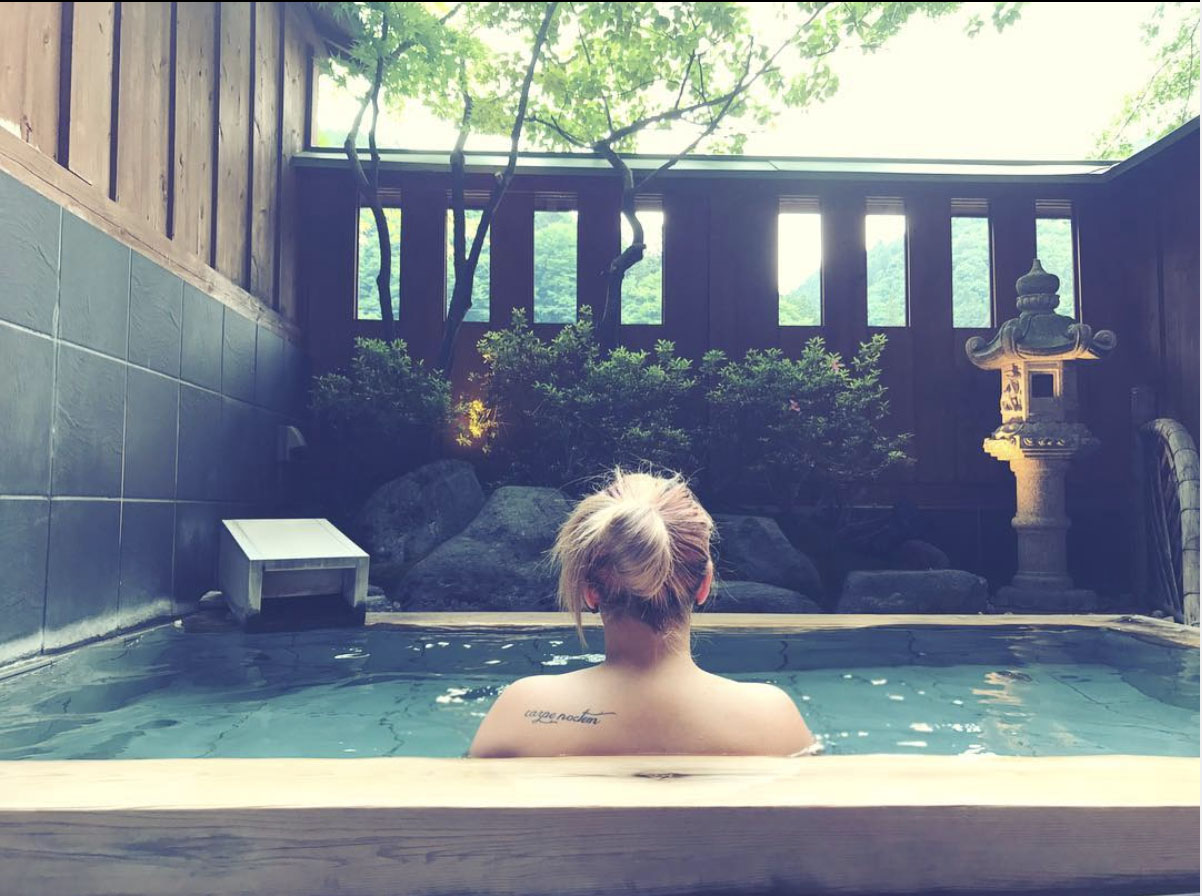

Comments